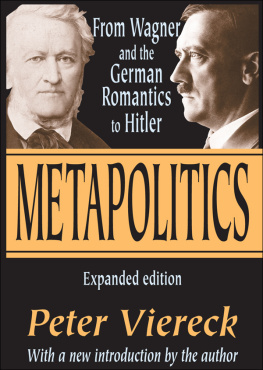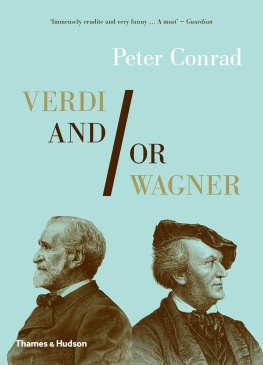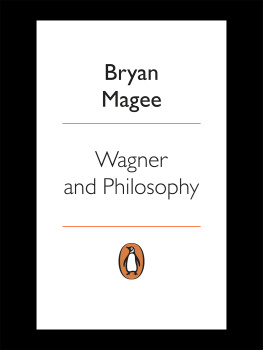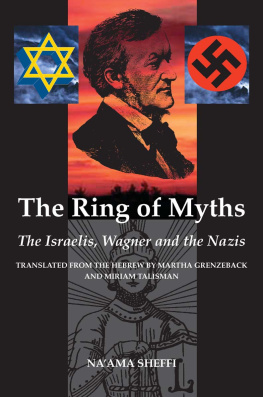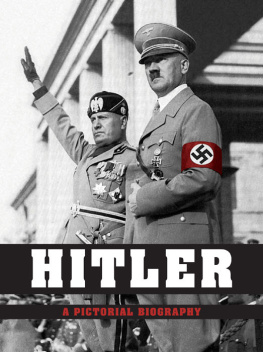Peter Viereck - Metapolitics: From Wagner and the German Romantics to Hitler
Here you can read online Peter Viereck - Metapolitics: From Wagner and the German Romantics to Hitler full text of the book (entire story) in english for free. Download pdf and epub, get meaning, cover and reviews about this ebook. year: 1941, publisher: Routledge, genre: Non-fiction. Description of the work, (preface) as well as reviews are available. Best literature library LitArk.com created for fans of good reading and offers a wide selection of genres:
Romance novel
Science fiction
Adventure
Detective
Science
History
Home and family
Prose
Art
Politics
Computer
Non-fiction
Religion
Business
Children
Humor
Choose a favorite category and find really read worthwhile books. Enjoy immersion in the world of imagination, feel the emotions of the characters or learn something new for yourself, make an fascinating discovery.
- Book:Metapolitics: From Wagner and the German Romantics to Hitler
- Author:
- Publisher:Routledge
- Genre:
- Year:1941
- Rating:3 / 5
- Favourites:Add to favourites
- Your mark:
- 60
- 1
- 2
- 3
- 4
- 5
Metapolitics: From Wagner and the German Romantics to Hitler: summary, description and annotation
We offer to read an annotation, description, summary or preface (depends on what the author of the book "Metapolitics: From Wagner and the German Romantics to Hitler" wrote himself). If you haven't found the necessary information about the book — write in the comments, we will try to find it.
Peter Viereck: author's other books
Who wrote Metapolitics: From Wagner and the German Romantics to Hitler? Find out the surname, the name of the author of the book and a list of all author's works by series.
Metapolitics: From Wagner and the German Romantics to Hitler — read online for free the complete book (whole text) full work
Below is the text of the book, divided by pages. System saving the place of the last page read, allows you to conveniently read the book "Metapolitics: From Wagner and the German Romantics to Hitler" online for free, without having to search again every time where you left off. Put a bookmark, and you can go to the page where you finished reading at any time.
Font size:
Interval:
Bookmark:
and the
German
Romantics
to Hitler

2 Park Square, Milton Park, Abingdon, Oxon OX14 4RN
711 Third Avenue, New York, NY 10017, USA
Product or corporate names may be trademarks or registered trademarks, and are used only for identification and explanation without intent to infringe.
335.60943dc22
2003057352
The falcon cannot hear the falconer;
Things fall apart; the centre cannot hold;
Mere anarchy is loosed upon the world,
The blood-dimmed tide is loosed and everywhere
The ceremony of innocence is drowned;
The best lack all conviction, while the worst
Are full of passionate intensity.
Surely the Second Coming is at hand.
The Second Coming! Hardly are the words out
When a vast image out of Spiritus Mundi
Troubles my sight: somewhere in sands of the desert
A shape with lion body and the head of a man,
A gaze blank and pitiless as the sun,
Is moving its slow thighs, while all about it
Reel shadows of the indignant desert birds.
The darkness drops again; but now I know
That twenty centuries of stony sleep
Were vexed to nightmare by a rocking cradle,
And what rough beast, its hour come round at last,
Slouches towards Bethlehem to be born?
Font size:
Interval:
Bookmark:
Similar books «Metapolitics: From Wagner and the German Romantics to Hitler»
Look at similar books to Metapolitics: From Wagner and the German Romantics to Hitler. We have selected literature similar in name and meaning in the hope of providing readers with more options to find new, interesting, not yet read works.
Discussion, reviews of the book Metapolitics: From Wagner and the German Romantics to Hitler and just readers' own opinions. Leave your comments, write what you think about the work, its meaning or the main characters. Specify what exactly you liked and what you didn't like, and why you think so.

